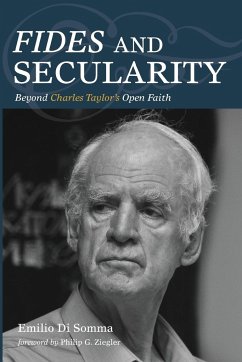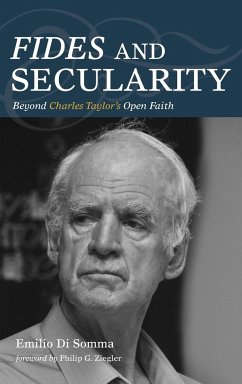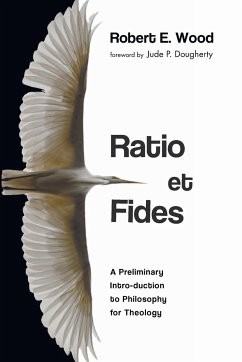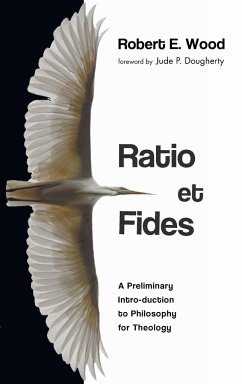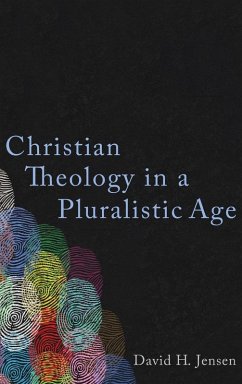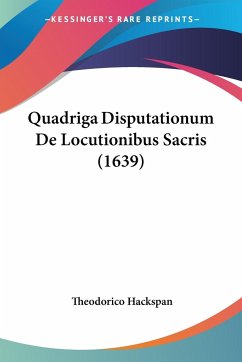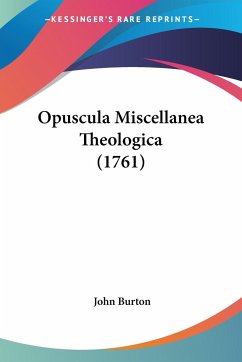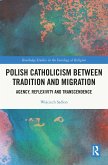This book wishes to talk about two main topics: the Canadian political philosopher Charles Taylor and faith. Taylor, in his philosophical arguments on religion and secularity, has adopted what I call the great prejudice on religion and secularity: the two belong to utterly different spheres of human mind and sociality. In this prejudice, faith is used as a synonym of religion, or belief, and is understood as something that does not belong to the sphere of secularity. My argument contradicts precisely this common belief. Is faith more of an anthropological attitude towards reality than a religious one? Can we criticize Taylor's philosophy on these grounds? To develop my argument, I will attempt to develop a dialogue between continental and Anglo-American philosophers and theologians, in the hope of convincing the readers that we should change radically the way we discuss faith, religion, and secularism.
Hinweis: Dieser Artikel kann nur an eine deutsche Lieferadresse ausgeliefert werden.
Hinweis: Dieser Artikel kann nur an eine deutsche Lieferadresse ausgeliefert werden.

